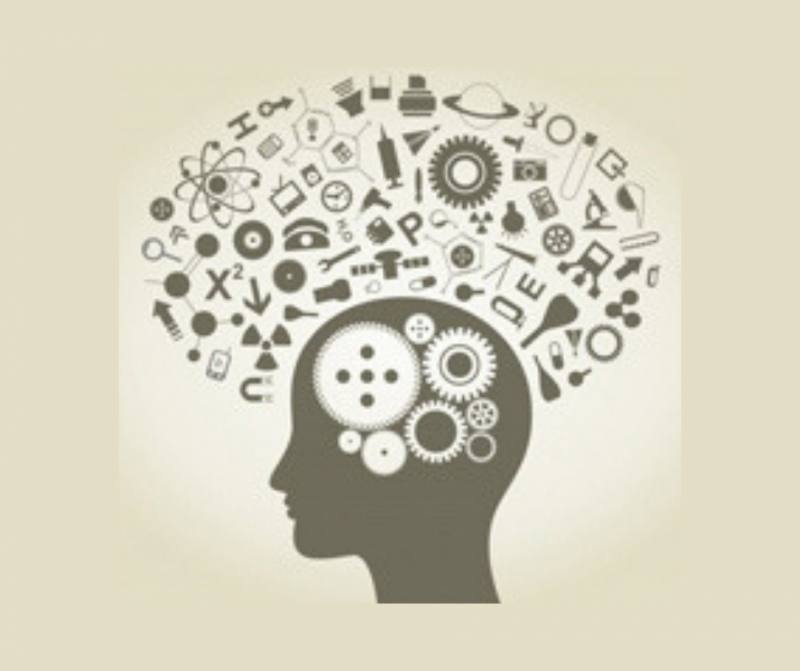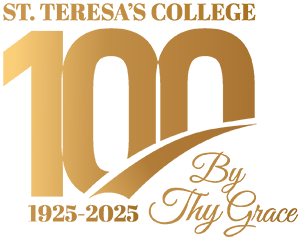
Three-year BSc Psychology endeavours the students to prepare their professional journey in dynamic, diverse and in an ever-growing field. Students can learn about the history of the discipline, theoretical foundations, branches including Counselling, child development, Bio-psychology, human resources management. A great emphasis is placed on fostering students that need to be competent and socially sensitive psychologists that include a self-reflexive attitude, critical thinking, empathy and respect for individual differences.
Department encourages an atmosphere of debate and discussion that nurtures the young minds, appreciates new and varied perspectives that interact to shape human psyche. The integral part that forms the backbone of the discipline are the classic and contemporary psychological researches. The curriculum of Bsc Psychology has field visits, case study analyses, extensive use of audio-visual mediums. After the graduate students go on to pursuing various kinds of careers, that includes counselling, psychotherapy, work in schools, clinics, non-government organizations. Several former students enjoy careers in the corporate world while others move into teaching, advertising, law etc.
Eligibility
Candidates shall be required to have passed the plus two or equivalent examination in any stream. For those having studied Psychology or Home Science or Biology and Chemistry subjects, those marks will also be taken. Additional marks will be awarded to those having studied Psychology at the school level.
GRADUATE ATTRIBUTES
- Professional training and skill enhancement after BSc Psychology provides and widen employment opportunities for women through the curriculum addressing contemporary issues.
- Enable students to acquire life skills that assist in the enhancement of overall personal and professional attributes.
- To become academically qualified and mature, as enlightened individuals assisting in the achievement of family and social goals.
- Orient students to enhance entrepreneurial competencies.
- Strengthening linkages with Government agencies, NGOs, policymakers and the general public with a view to providing employment opportunities for students and enriching the database in research in all fields.
- Influence and develop policies to advocate for individuals, families and communities to achieve empowerment facilitate sustainable futures.
- Enable the learners to employ acquired knowledge into practical counselling to enable families, individuals etc enjoy mental health to the maximum.
- Educating the individual for highest quality practical training for life.
- Conducting research to discover the changing needs of the individuals, families and society and the means of satisfying these needs.
- Inculcate a sense of social awareness and spirit of service to the society.
- Furthering community, national and world conditions favourable to family and community living.
STRUCTURE OF BACHELOR’S PROGRAMME IN PSYCHOLOGY
The content BSc Psychology
The UG programme in Home Science includes
(a) Common Courses, (b) Core Courses, (c) Complementary Courses, (d) Open Courses and (e) Project.
No course shall carry more than 4 credits. The student shall select any Choice based Course offered by the Department which offers the core courses, depending on the availability of teachers and infrastructure facilities, in the institution. The open course will be offered in any subject and the student shall have the option to do courses offered by other Departments in the fifth semester.
Courses
The number of courses for the programme should contain 12 compulsory core courses and 1 choice based course from the frontier area of the core courses and a project; 8 complementary courses, from the relevant subjects for complementing the course of study. There should be 10 common courses which include the first and second language of study.
Scheme: Core Courses
|
Semester |
Title of course | Course code | No of hours per week | No. of credits | Total credits | Total hours/
semester |
| I. | Basic Psychological Processes
Practical – 1 |
CP1BT01B
CP1BP01B |
2
2 |
2
1 |
3 | 72 |
| II. | Basic Cognitive Processes
Practical – 2 |
CP2BT02B
CP2BP02B |
2
2 |
2
1 |
3 | 72 |
| III. | Counselling Psychology I
Practical – 3 |
CP3BT03B
CP3BP03B |
3
2 |
3
1 |
4 | 90 |
| IV. | Counselling Psychology II
Practical – 4 |
CP4BT04B
CP4BP04B |
3
2 |
3
2 |
5 | 90 |
| V. | Psychological Measurement and Testing
Practical – 5 |
CP5BT05B
CP5BP05B |
3
3 |
3 | 3 | 90 |
| Abnormal Behaviour
Practical – 6 |
CP5BT06B
CP5BP06B |
3
2 |
3 | 3 | 90 | |
| Life Skill Development
Practical – 7 |
CP5BT07B
CP5BP07B |
3
2 |
3 | 3 | 90 | |
| Health Psychology
Practical – 8 |
CP5BT08B
CP5BP08B |
3
2 |
2 | 2 | 90 | |
| Open Course | CP5DT01B | 4 | 4 | 4 | 72 | |
| VI. | Counselling and Psychotherapy
Practical – 9 |
CP6BT09B
CP6BP09B |
3
2 |
3
2 |
5 | 90 |
| Educational Psychology
Practical – 10 |
CP6BT10B
CP6BP10B |
3
3 |
3
2 |
5 | 90 | |
| Stress Management
Practical – 11 |
CP6BT11B
CP6BP11B |
3
3 |
3
2 |
5 | 90 | |
| Positive Psychology
Practical – 12 |
CP6BT12B
CP6BP12B |
3
2 |
3
2 |
5 | 90 | |
| Choice Based Course | CP6BT13B | 3 | 3 | 3 | 54 | |
| Project | 1 | 1 | 1 | 18 |
- Two/three hours will be allotted for Practicals in each semester. The practical examination/document evaluation for the same will be conducted in even semesters.
Scheme: Complementary Courses
|
Semester |
Title of course | Course code | No of hours per week | No. of credits | Total credits | Total hours/
semester |
| I. | Biological Basis of Behaviour | CP1CT01B | 4 | 3 | 3 | 54 |
| I. | Life Span Development – I | CP1CT02B | 4 | 3 | 3 | 54 |
| II. | Neurophysiology of Behaviour | CP2CT03B | 4 | 3 | 3 | 54 |
| II. | Life Span Development – II | CP2CT04B | 4 | 3 | 3 | 54 |
| III. | Statistics – I | CP3CT05B | 4 | 4 | 4 | 54 |
| III. | Theories of Child Development – I | CP3CT06B | 4 | 4 | 4 | 54 |
| IV. | Statistics – II | CP4CT07B | 4 | 4 | 4 | 54 |
| IV. | Theories of Child Development – II | CP4CT08B | 4 | 4 | 4 | 54 |



